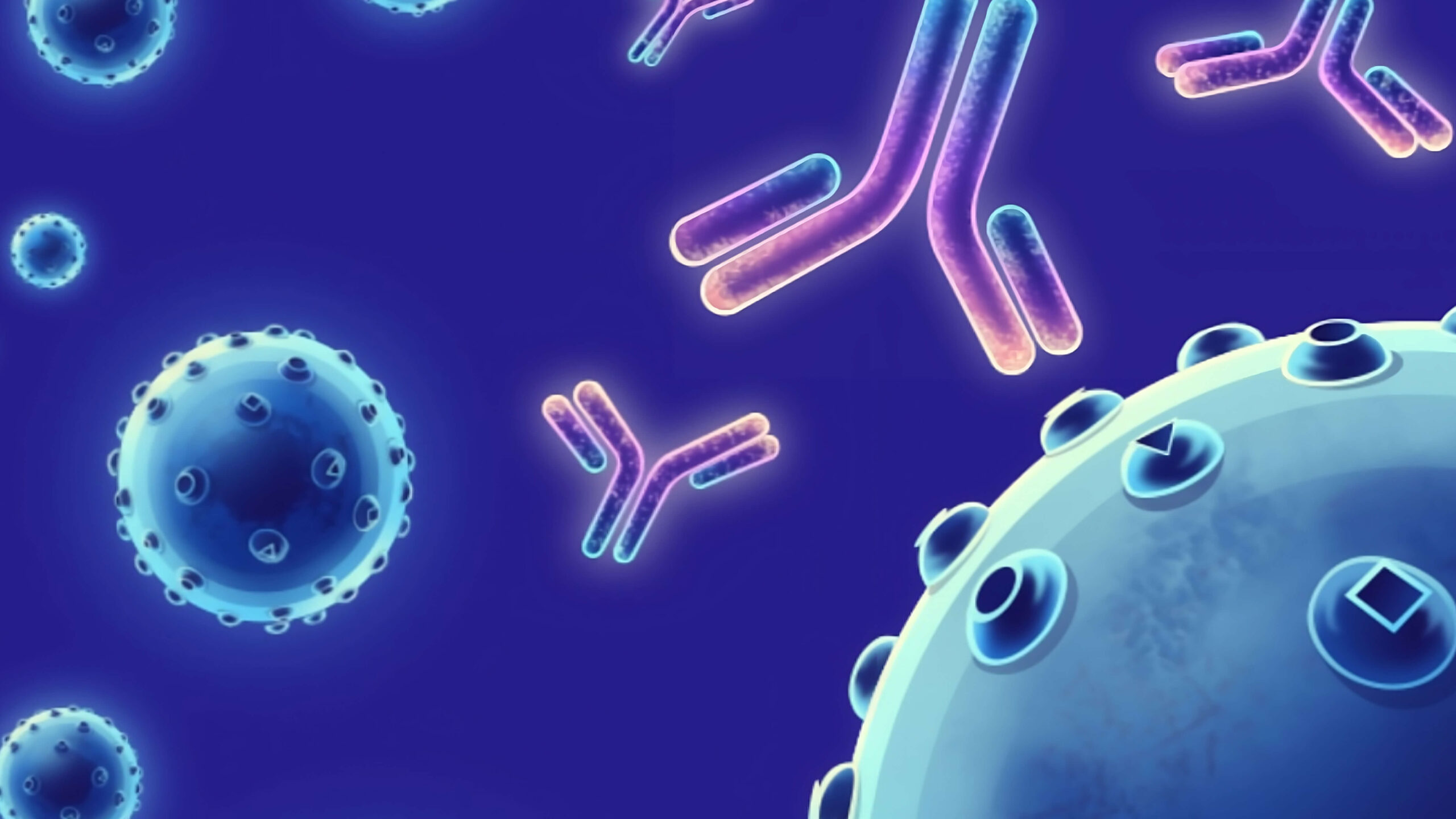Description
SerpinC1, also known as antithrombin III (AT III), is a member of the serpin superfamily of serine protease inhibitors, and has been found to be a marker for disseminated intravascular coagulation (DIC) and to be of prognostic significance in septic patients. SerpinC1 synthesized in the liver is the principal plasma serpin of blood coagulation proteases and inhibits thrombin and other factors such as Xa by the formation of covalently linked complexes. Thus it is one of the most important coagulation inhibitors and the fundamental enzyme for the therapeutical action of heparin. In common with SerpinA5 and D1, the inhibitory activity of SerpinC1 undergoes a dramatic increase in the presence of heparin and other glycosaminoglycans. ATIII mediates the promotion of prostaglandin release, an inhibitor of leucocyte activation and downregulator of many proinflammatory cytokines. Antithrombin III exerts anti-inflammatory properties in addition to its anti-coagulative mechanisms. In animal models of sepsis, ATIII affected cytokine plasma concentrations with a decrease of pro-inflammatory cytokines. The deficiency or functional abnormality of ATIII may result in an increased risk of thromboembolic disease, such as deep vein thrombosis and pulmonary embolism. In addition, it has been reported that SerpinC1 can alter or influence inflammatory processes via inhibition of NF-κB activation or actin polymerization.
Target
SerpinC1
Target Alias Names
AT3, AT3D, ATIII, MGC22579, Serpin C1, SerpinC1, THPH7
Isotype/Mimetic
Rabbit IgG
Animal-Derived Biomaterials Used
No
Sequence Available
No
Original Discovery Method
Phage display technology
Antibody/Binder Origins
Animal-dependent discovery (in vitro display, OR immunisation pre-2020), In vitro recombinant expression

